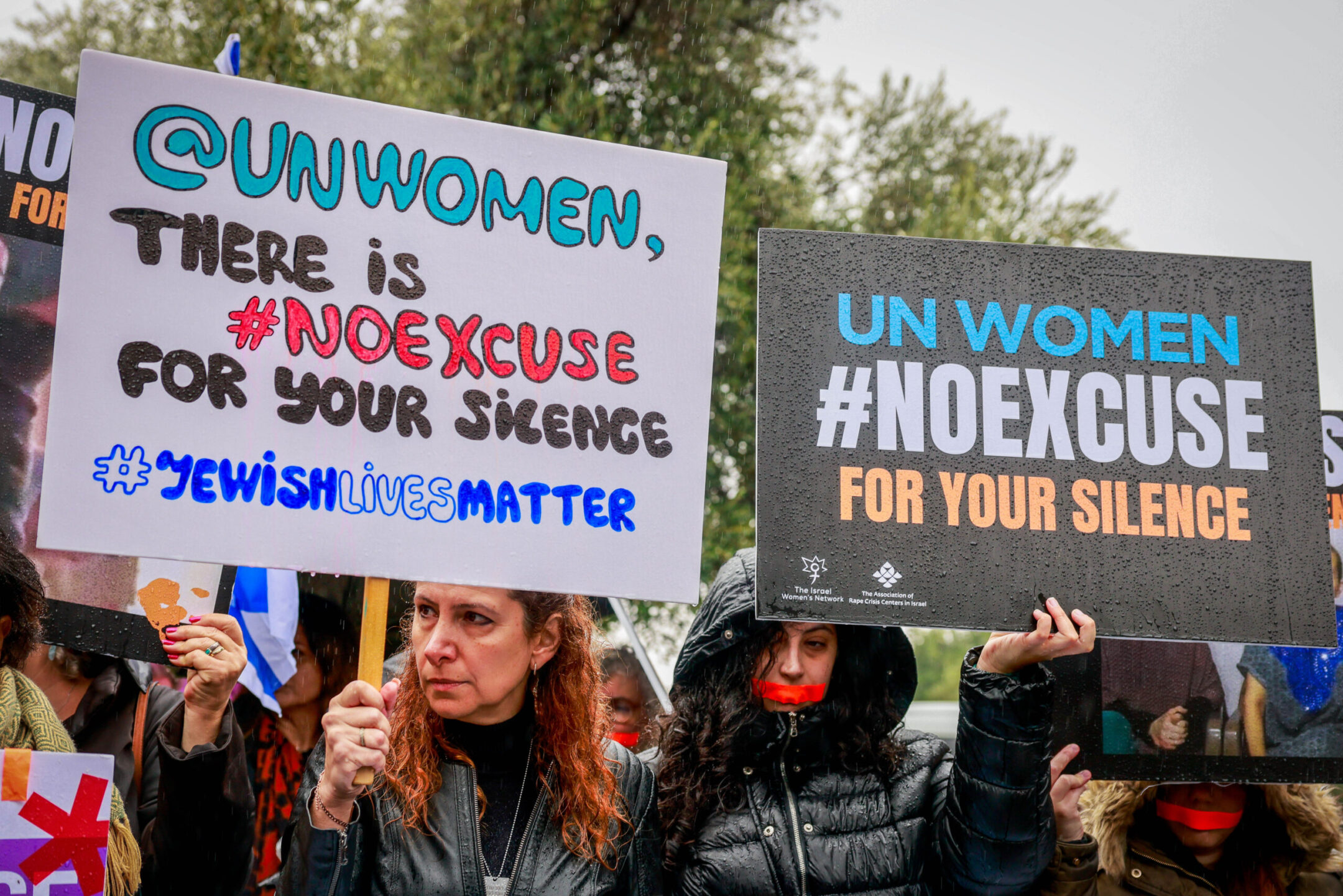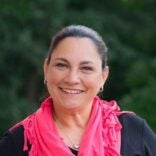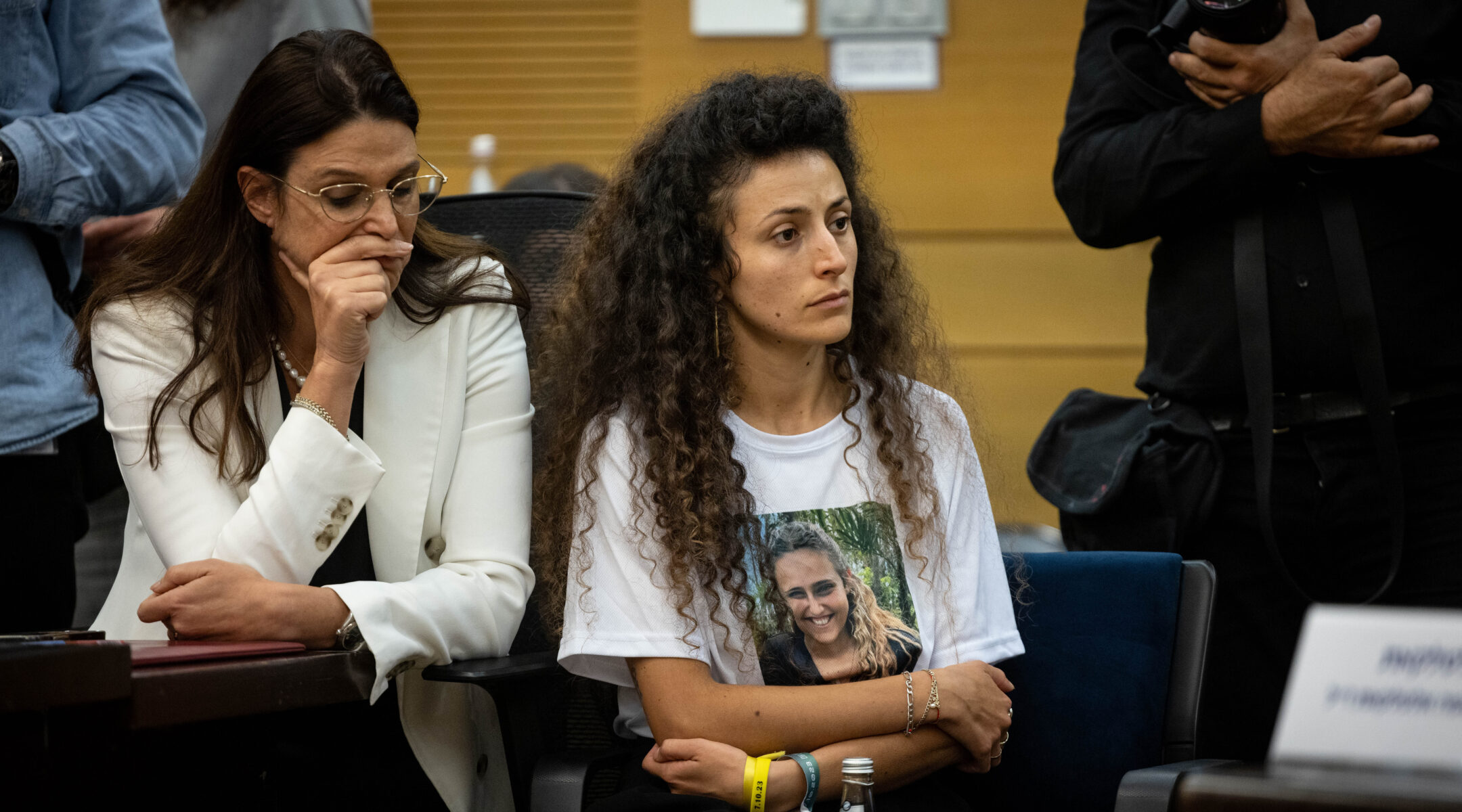(JTA) — I am the executive director of the Jewish Orthodox Feminist Alliance and a lifelong feminist. I advocate for Orthodox Jewish women’s representation and inclusion in all areas of life. Before joining Jofa in 2019, I spent 20 years working with faith groups, women’s advocates and other social justice organizations. We worked in coalition towards social change by sharing awareness raising campaigns, in-person gatherings and through the legislative process.
I once found it meaningful when people set aside differences to build bridges towards positive change. It was not always easy to be in these spaces because of political or religious differences, sometimes related to Israel/Palestine, and sometimes because I was the only Orthodox Jewish woman in the room. But I really believed that the more diverse the coalition, the more likely we could reach success.
These days I’m so sad. Sad for the tremendous losses all around. And on a personal level, I’m also sad that I devoted so many years of my life to groups that don’t seem to care about me or my pain.
I’m used to being uncomfortable; my work at Jofa presents an uphill battle. I am constantly fielding criticisms from rabbis who accuse me of ruining Orthodoxy by including women in rituals, positions and spaces they think should be reserved solely for men, and from pluralistic Jewish people who accuse me of upholding the patriarchy. It can be lonely to be an advocate for Orthodox Jewish women. Working with diverse advocacy groups gave me solace as I considered them to be a safety net when the resources in my own community fell short.
I worked with many groups for years on areas of shared interest. We collaborated on reproductive justice, sex trafficking, prison rape and obstetric fistula prevention. We released resources for our communities, created awareness raising campaigns, including marching together at the Million Mom March, the March for Women’s Lives and Save Darfur. So after partnering for years, I expected my sister feminist groups to share their outrage about Hamas’ war crimes against Israelis on Oct. 7. After all, it is clear that kidnapping civilians of all ages, and brutally attacking women, men, children, babies and the elderly, all the while viciously raping women, is abhorrent.
Instead, I’m shocked and horrified by too many national and global women’s and children’s advocacy groups – none worse than UN Women. After remaining virtually silent since the Oct. 7 atrocities, on Nov. 25 it published an Instagram post condemning the attacks and calling for the release of all hostages only to replace it with one that says they “remain alarmed by the reports of gender-based violence on October 7 & call for rigorous investigation, prioritizing the rights, needs & safety of those affected.” An investigation? What happened to “believe women”?
There is video footage and survivors’ testimonies that bear out the claims of rape — so when did it become OK for women’s groups to become rape apologists? Surely women’s organizations shouldn’t be allowed to continue to exist while they ignore or second-guess hundreds and hundreds of Israeli women who were slaughtered in their homes, in the streets and at a music festival.
To be sure, I know many are worried about the death and suffering of Palestinians in Gaza. I am, too, but does this mean that they cannot express sympathy for the Israeli women who were brutalized and murdered, and for those of us who grieve for this devastation?
This conflict is personal. My family and I were in Israel when the war started. My children, extended family and hundreds of friends live in Israel. My relatives, my friends, my friends’ kids and my kids’ friends all serve in the Israeli military. From the moment the war broke out, t not a single person in there — myself included — was immune from the horror and loss. Between death tolls and injuries, every single person in Israel attended funerals, shiva houses and made hospital visits. My worry for my loved ones there keeps me up every night.

Israeli women protest outside UN Headquarters in Jerusalem, Nov. 27, 2023. (Flash90)
When the groups I’ve worked with over the years fail to speak out against these atrocities committed against women, I take it personally. I hope my former colleagues’ hearts will open up. I hope my own heart will heal. I’m not optimistic, but I’m hopeful they will come around and try to reconcile.
As a Jewish person of faith, and an activist who looks for the good and seeks out justice, my work in this space to fight for a fairer world for all girls and women is not complete. But I can’t continue to work with those who don’t see me in the same light, as someone deserving of love and respect, no matter how they feel about my Judaism or Israel. My attempts to engage former colleagues have been hurtful and fruitless because of their unwillingness derived from ideological differences or a defensiveness of long-held views. Those groups’ attempted mind games to decide who is worthy of care and who is entitled to protections needs to end — or they will become irrelevant.
We are people who are worthy of care. Full stop. At this moment I am reevaluating my relationship with the people and organizations I engage with. I can say with certainty that we can and will recreate a community of coalitions that will not deny our humanity and our Jewish and Zionist identities. Either way, their silence will neither erase me nor deter me from fighting the good fight.
JTA has documented Jewish history in real-time for over a century. Keep our journalism strong by joining us in supporting independent, award-winning reporting.







